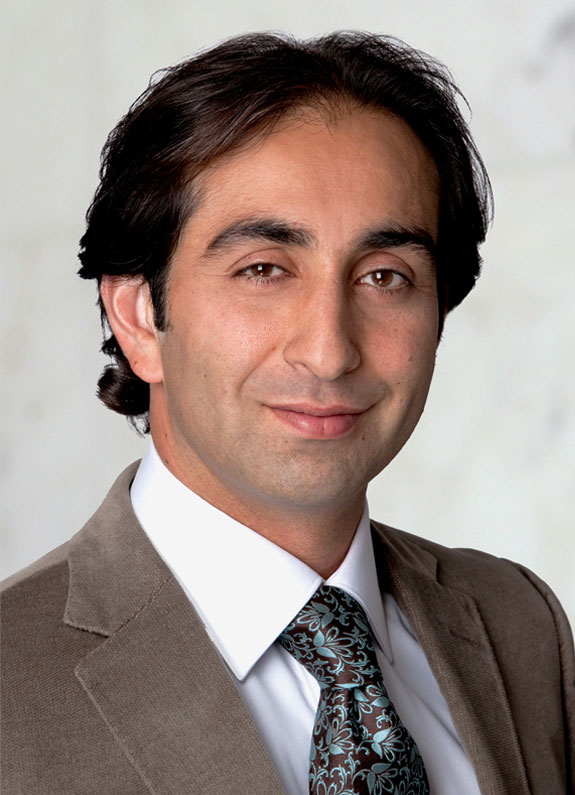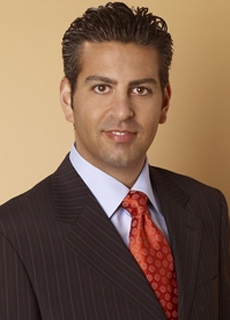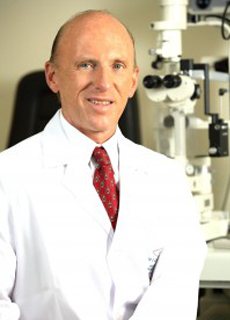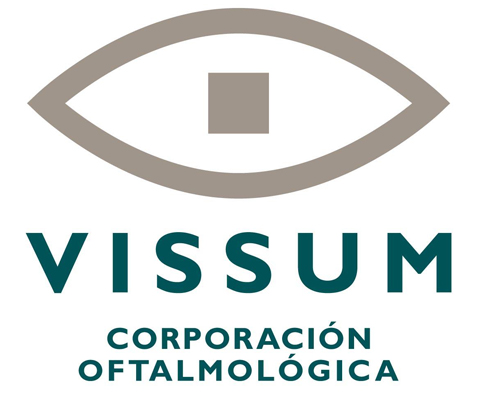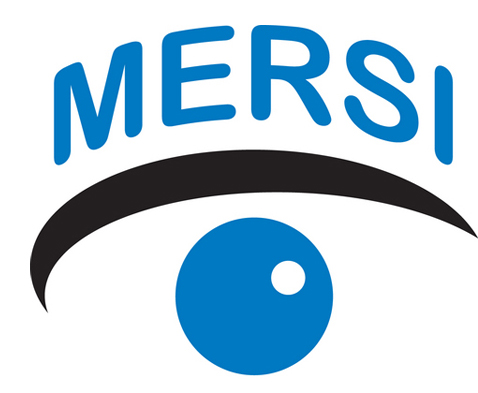REQUEST AN APPOINTMENT
TESTIMONIALS
Refractive Eye Surgery
Beverly Hills Medical Center of Kuwait offers an easy-to-access and unique location that is attached to the world-famous Symphony Style Hotel Kuwait. We have renowned eye doctors fly in from all over the world, including chiefs of different established hospital departments, professors from top schools and programs around the world, and Harvard-trained experts. The CENTER, which takes up two entire floors of the Symphony Style Hotel Kuwait building, offers VIP doctors, outstanding patient service, EMR, and the absolutely latest technology. The CENTER attracts patients from around the world, and there is nothing else like it in the entire Gulf.
What is refractive eye surgery?
Refractive eye surgery is any eye surgery used to improve the refractive state of the eye and decrease or eliminate dependency on glasses or contact lenses. This can include various methods of surgical remodeling of the cornea or cataract surgery. If you have a refractive error, such as nearsightedness (myopia), farsightedness (hyperopia), astigmatism, or presbyopia, you may benefit from successful refractive eye surgery as it can reduce or cure these common vision disorders, as well as degenerative disorders like keratoconus.
Refractive eye surgery is used to adjust your eyes focusing ability by reshaping the cornea, or clear, round dome at the front of your eye. The most commonly performed type of refractive surgery is LASIK, where a laser is used to reshape the cornea.
For people who are nearsighted, certain refractive surgery techniques will reduce the curvature of a cornea that is too steep, so that the focusing power of the eye is lessened. Farsighted people, meanwhile, will have refractive eye surgery that achieves a steeper cornea to increase the focusing power of the eye. Astigmatism can be corrected with refractive surgery techniques that selectively reshape portions of an irregular cornea to make it smooth and symmetrical. The result is that images focus clearly on the retina, rather than being distorted due to light scattering through an irregularly shaped cornea.
What are different types of refractive surgery?
The two most popular types of refractive surgery are LASIK and PRK. They are both very similar procedures that eliminate the need for glasses or contacts, however the difference is in the technique used. Your ophthalmologist may decide PRK is more appropriate for you depending on your corneal thickness in relation to your prescription. PRK is most often an option for patients with very thin corneas who are not candidates for LASIK.
LASIK
LASIK is one of the safest and most effective vision correction procedures. LASIK is an in-office outpatient refractive procedure that is used to treat nearsightedness, farsightedness, and astigmatism.
During laser eye surgery, a laser is used to reshape the cornea which is the transparent layer on the front of the eye that covers the iris and pupil. The shape of the cornea determines whether you are near sighted (myopic), far-sighted (hyperopia), have an astigmatism, or presbyopic (both near and far sighted). What the laser does during LASIK or laser eye surgery is re-shape the cornea to improve the way the eye focuses light rays onto the retina and in turn improves your vision.
Most people are candidates for laser eye surgery. This is one of the most dramatic procedures you can have because you can go from barely being able to see one day to potentially seeing 20/20 the next.
PRK
Photorefractive keratectomy, also known as PRK, is an in-office, outpatient laser eye surgical procedure to relieve a person of their dependency on glasses or contact lenses. Since PRK uses an excimer laser during the procedure, no blades are used and no incisions are made. PRK has been around since 1987 and is now the most popular corrective eye surgery today aside from LASIK for nearsightedness (myopia), farsightedness (hyperopia), and astigmatism.
PRK is a great alternative to LASIK and is typically recommended if you are not considered a LASIK candidate. Once your ophthalmologist performs your pre-operation corneal mapping, he can decide whether or not LASIK or PRK is right for you. Typically, the reason why PRK would be recommended over LASIK is if combined with a high prescription, you have a thin cornea. The laser will be reshaping the cornea and so a certain amount of corneal tissue is required for it to be safe and leave you with a sufficient corneal bed post procedure.
Am I a good candidate for refractive eye surgery?
Refractive eye surgery might be a good option for you if you want to decrease your dependency on glasses or contact lenses, are free of eye disease, have an appropriate reflective error, and accept the inherent risks and potential side effects of the procedure. Before deciding to have refractive eye surgery, it is also important that the patient understands that he/she could still need glasses or contacts after the procedure to achieve the best vision.
What are the risks of refractive eye surgery?
Unfortunately, refractive eye surgery may not be recommended for everybody. People with certain eye diseases involving the cornea or retina, pregnant women, and patients who have medical conditions such as glaucoma, diabetes, uncontrolled vascular disease, or autoimmune disease are not good candidates. Although the risk of complications is decreasing compared to the early days of refractive eye surgery, there is still a slim chance for serious problems. These include vision problems such as ghosting, halos, starbursts, double-vision, and dry-eye syndrome.
If you choose not to have refractive surgery, your options will be eyeglasses and contact lenses. While some commercial organizations are promoting eye exercises as a way to eliminate eyeglasses and contact lenses without resorting to surgery, there is no medical or scientific evidence that refractive error can be cured with eye exercises.
If you are considering refractive eye surgery, schedule a consultation with a refractive eye surgeon at Beverly Hills Center of Kuwait today by calling +(965)-25770770!


